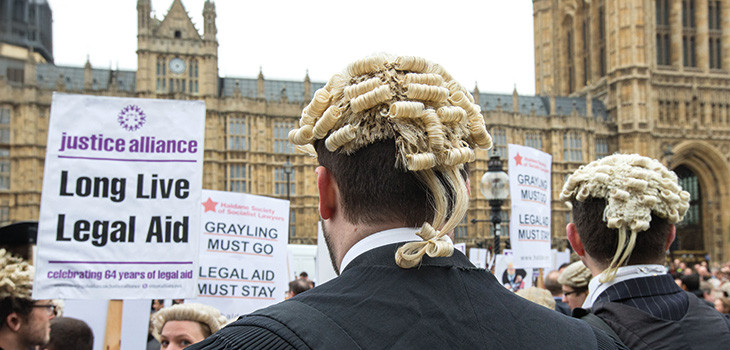
Smith writes: ‘The brutal truth is that the model of civil legal aid developed as part of the post-war welfare state is bust.’ He traces the rise and fall of legal aid, from its inception in 1949 to its peak in 2010 and subsequent decline as legislation removed most civil areas from scope in 2013.
He makes two major suggestions, one of which is to ‘rework legal aid as a community or national legal service which incorporates a wider range of providers’.










